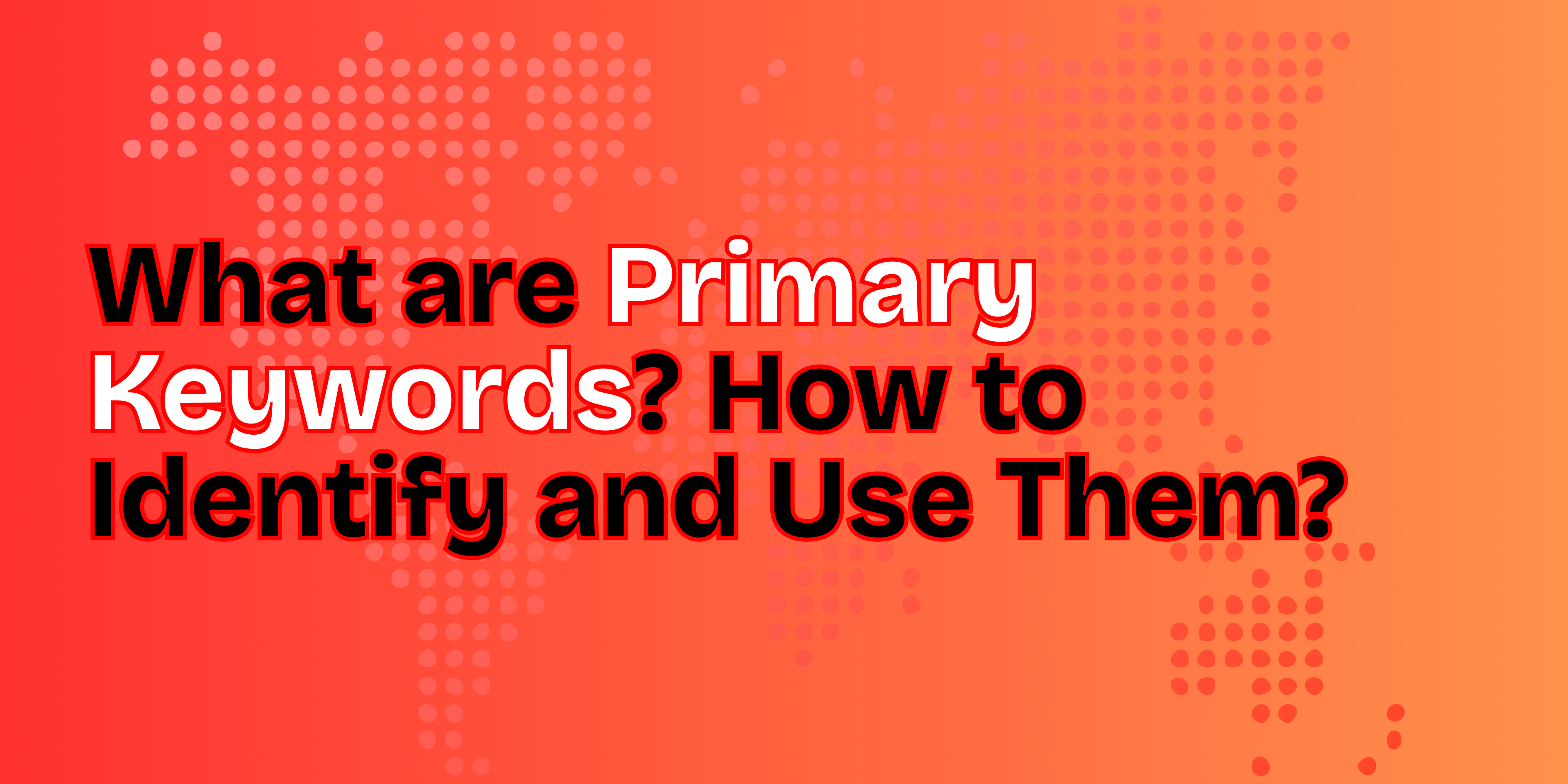Search engines have become smarter than ever, but keyword placement still plays a vital role in improving rankings and visibility. It’s not just about stuffing keywords into your content—it’s about placing them strategically so that both users and search engines understand the context and relevance of your page. When done right, keyword optimization can significantly boost your site’s performance.
Table of Contents
Why Keyword Placement Matters
The way you use keywords determines how well your content aligns with user intent. Effective keyword placement in content helps search engines recognize the topic of your page, while also making it easier for readers to find the information they need. Poor placement, on the other hand, can make your content look forced and reduce readability.
Key Areas for Keyword Placement
- Title Tag & Meta Description
Your primary keyword should appear in the title and meta description. This not only improves SEO but also boosts click-through rates from search results. - Headings (H1, H2, H3)
Adding keywords naturally in headings helps structure your content and signals importance to search engines. - Introduction & Conclusion
Including your keyword in the opening and closing paragraphs provides context and reinforces your topic. - Body Content
Place your keywords strategically throughout the content without overusing them. Aim for a natural flow to keep readers engaged. - URL & Alt Text
Optimizing URLs and image alt tags with keywords gives search engines more signals about your page content.
Tips for Effective Keyword Placement
- Focus on relevance rather than repetition.
- Use variations and related terms to make content sound natural.
- Avoid keyword stuffing—it can harm rankings instead of improving them.
- Always prioritize readability and user experience.
Final Thoughts
Strategic keyword placement ensures your content is both search engine-friendly and reader-focused. By positioning keywords in the right areas, you increase visibility, improve ranking potential, and create a smoother experience for your audience.
👉 Ready to optimize your content like a pro? At YourRankers, we help businesses master SEO strategies, from keyword research to placement, ensuring your website drives traffic and conversions. Let’s boost your rankings today!


